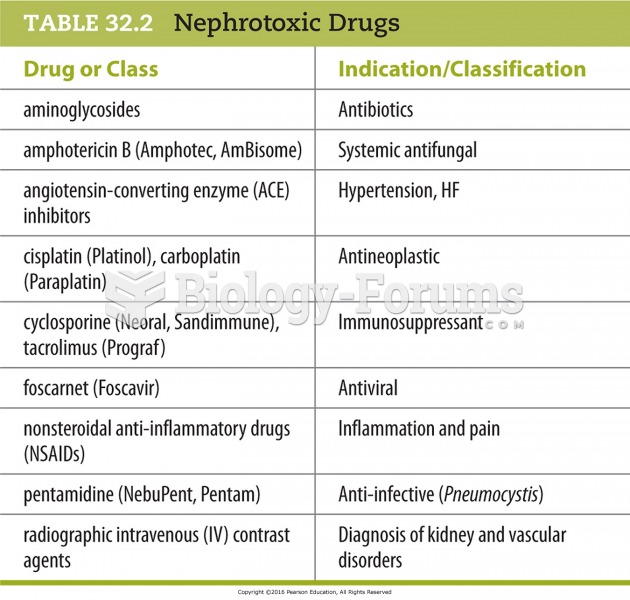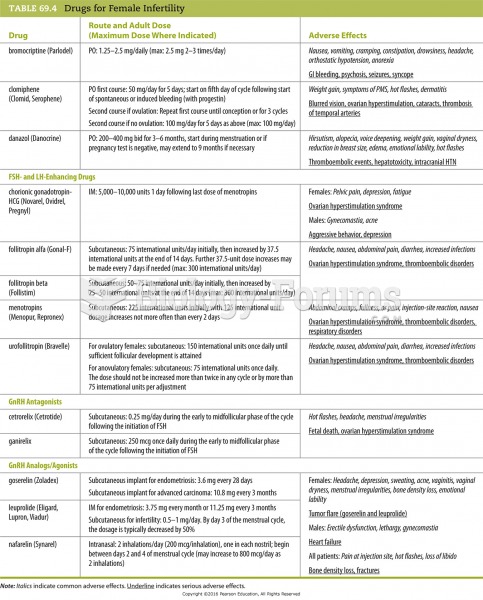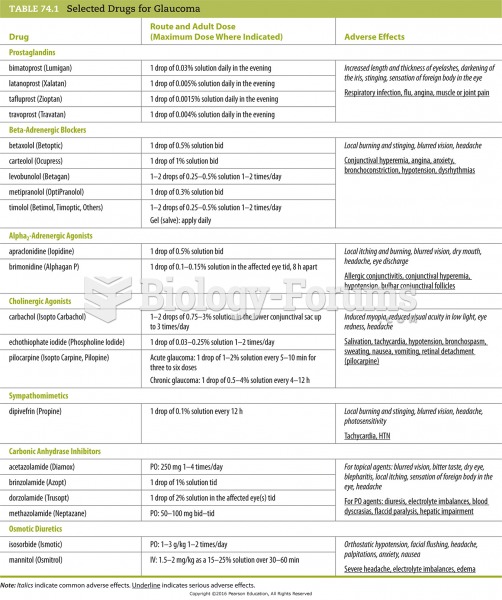Answer to Question 1
Correct Answer: 4
Rationale 1: Metabolism is the total of all chemical reactions in the body.
Rationale 2: Administration is giving medication to the client.
Rationale 3: Excretion is the process to remove medication from the body.
Rationale 4: Distribution is the process by which drugs are transported after they have been absorbed or administered directly into the bloodstream.
Global Rationale: Distribution is the process by which drugs are transported after they have been absorbed or administered directly into the bloodstream. Metabolism is the total of all chemical reactions in the body. Administration is giving medication to the client. Excretion is the process to remove medication from the body.
Answer to Question 2
Correct Answer: 1
Rationale 1: Pharmacokinetics describes how the body absorbs, distributes, metabolizes, and excretes drugs.
Rationale 2: Pharmacokinetics is how drugs activate specific receptors is incorrect because drugreceptor interactions describe, in part, what effects a drug has on the body, and thus are considered part of pharmacodynamics.
Rationale 3: Pharmacokinetics is what a drug does to the body is incorrect because pharmacodynamics is the term that describes what effects a drug has on the body.
Rationale 4: Pharmacokinetics is the efficacy of a drug is incorrect because efficacy is a pharmacodynamic concept.
Global Rationale: Pharmacokinetics describes how the body absorbs, distributes, metabolizes, and excretes drugs. Pharmacokinetics is how drugs activate specific receptors is incorrect because drugreceptor interactions describe, in part, what effects a drug has on the body, and thus are considered part of pharmacodynamics. Pharmacokinetics is what a drug does to the body is incorrect because pharmacodynamics is the term that describes what effects a drug has on the body. Pharmacokinetics is the efficacy of a drug is incorrect because efficacy is a pharmacodynamic concept.







